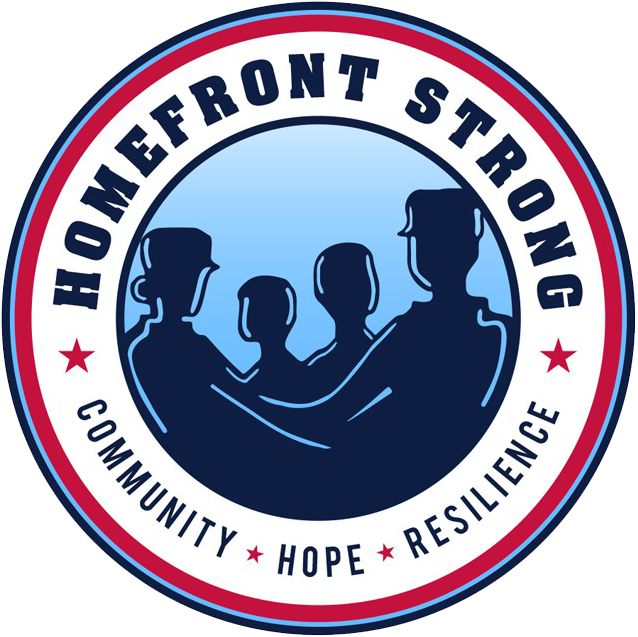Beverly Prestwood-Taylor, cofounder of the Brookfield Institute and executive director of Care for the Troops – Massachusetts, sat down to talk about how our workshops, like our upcoming one March 11, can benefit anyone who wants to reach out to veterans and active duty military.
Beverly Prestwood-Taylor
Vets and active duty military have given so much to serve our country. Can we civilians sacrifice a day of our time to try to better understand and respond to the needs service members and their families might have.
Why do you think people need to be educated in how to help veterans?
Most vets are the kind of people who want to offer help rather than receive help. There has also been a stigma in the past around receiving help. In this workshop, friends, neighbors, family members and professionals who work with vets will be able to identify when help is needed, know some strategies to offer support and some resources and providers that have an excellent record in working with veterans and active duty military.
What do veterans say about the way they’re treated?
Most vets appreciate the outpouring of gratitude from the general public and the way they have been thanked profusely for their service. However, because such a small percentage of the population has actually been sent to combat, most people don’t have a close family member or friend who served. Hence, they don’t have first- or secondhand experience about what veterans face when they are deployed and what they face when they return. A small percentage of families have had to deal with all of the sacrifice of multiple deployments, and most of their neighbors and friends don’t have a clue what it is like on a daily basis. It can be very isolating for military families.
It helps when a person is willing to take a step beyond saying, “Thank you for your service” and offer some concrete assistance. It could be as simple as helping a neighbor with the snow shoveling or offering to babysit so the couple can get out together, or inviting the spouse over for a cup of coffee or tea. Or just asking, “What do you need?” There are simple neighborly things to do, but they mean so much when a spouse is deployed or coping with the challenge of re-integrating. Assisting with a job search or job skills is invaluable help.
You mention first responders and health care workers as groups that would benefit from this workshop. What types of things should they do differently with veterans than they do with other people?
When a vet is re-experiencing combat or is “triggered,” he or she may act violently or may not immediately respond to a police officer or medical personnel. If they have strategies to use to engage vets, the outcome is better for everyone.
Is Trauma Resilience training complicated? Will it work with people other than veterans?
The training is easy to learn and has concrete applications. Much of it will be helpful to anyone who has experienced trauma or worked with trauma recovery.
Learn more about our March 11 workshop, Got Your Back: A Community Supporting Veterans.

